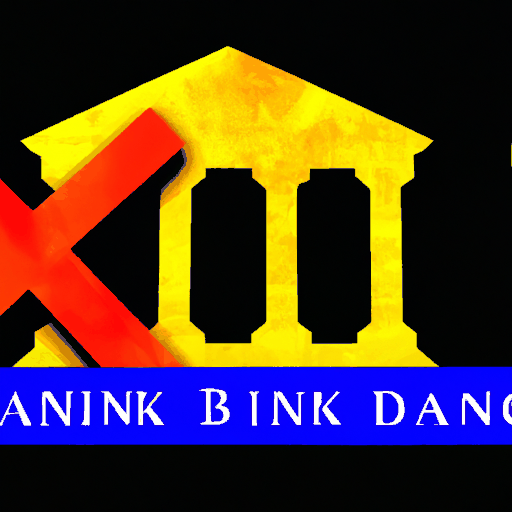
Understanding Crypto Debanking and Regulatory Impacts
By: Eliza Bennet
The concept of crypto debanking has become an increasingly pertinent issue in the field of digital finance. It refers to the practices by financial institutions where they restrict or completely cut off banking services to cryptocurrency businesses. This phenomenon has been notably addressed by the interim Chair of the Federal Deposit Insurance Corporation (FDIC), Travis Hill, who criticizes what is deemed "Operation Chokepoint 2.0". This alleged initiative aims to stifle crypto industry growth by denying essential banking relationships. Hill's position marks an important potential paradigm shift encouraging a balanced approach to regulation that considers both financial stability and innovation.
Traditionally, regulatory bodies like the FDIC maintained cautious stances towards cryptocurrencies, issuing advisories such as "pause" letters to banks to limit their crypto engagements. However, this approach can negatively impact blockchain innovation and restrict operational capacities of digital firms. The interim chair's address advocates for transparent regulatory guidance and modernized policies to better integrate technological advancements while maintaining financial security.
Moreover, the current regulatory scripts often lead to a phenomenon where financial institutions prematurely terminate accounts linked to cryptocurrency activities to mitigate compliance risks under existing laws such as the Bank Secrecy Act (BSA). Travis Hill suggests revisiting these stringent measures to promote legal business operations and support innovation. An optimistic outlook prevails with discussions around policy modernization, to embrace fintech innovations while ensuring overall industry safety and robustness.
For an in-depth look at these developments, check out the complete [FDIC Interim Chair Criticizes Crypto Debanking Policies article](https://blockbriefly.com/news/fdic-interim-chair-criticizes-crypto-debanking-policies).



